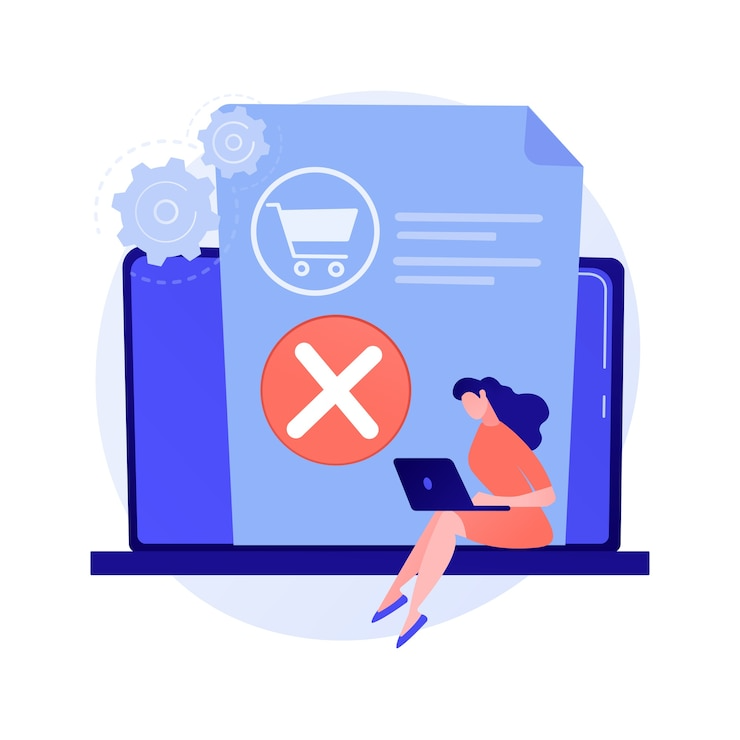Canceling your Shopify subscription may seem like a big decision, but it’s a necessary step if you’re scaling down or moving to a different platform. Doing it properly can help you avoid unnecessary costs and protect your data. This guide will walk you through the essential steps to ensure that you cancel Shopify subscription successfully and, most importantly, save money along the way.
Review Your Shopify Plan
Understand Your Current Subscription
Before you begin the cancellation process, it’s crucial to review your current Shopify plan. Shopify offers several tiers, each with its own pricing structure. Depending on your needs, you might be on a basic, standard, or advanced plan. Knowing what you’re paying for and when your billing cycle ends can help you determine the best time to cancel.
Are There Cheaper Alternatives?
If the reason for canceling is financial, consider downgrading your plan instead of canceling altogether. Shopify’s “Pause and Build” plan allows you to keep your store operational in the background for a much lower cost. It’s a useful option if you’re taking a temporary break from business but plan to return later.
Backup Your Shopify Data
Why You Should Backup Your Store
When you cancel your Shopify subscription, you’ll lose access to your store’s admin panel and data. This is why it's important to back up all essential information before canceling. If you ever plan to use Shopify or another platform in the future, having your store’s data saved will make it easier to resume operations.
How to Export Data from Shopify
Shopify provides easy export options for most data, including product listings, customer details, and order history. You can navigate to each section of your Shopify admin panel, click on “Export,” and download the necessary files in CSV format. Be sure to store these files in a secure location.
Address Outstanding Payments
Check for Unpaid Invoices
Before you cancel, make sure there are no outstanding charges on your Shopify account. Shopify operates on a recurring billing cycle, and any unpaid invoices will need to be settled before the cancellation can proceed.
Manage Third-Party App Subscriptions
If you’ve installed third-party apps, you may be billed separately from Shopify’s main platform. Be sure to review and cancel any subscriptions or app charges. These can continue to accumulate even after you cancel your Shopify account if they aren’t dealt with ahead of time.
Disable Automatic Domain Renewal
Shopify Domains vs. Third-Party Domains
If you purchased a domain name through Shopify, it’s important to disable automatic renewal before canceling your subscription. This will prevent future charges for domain management. You can disable domain auto-renewal by navigating to “Settings,” selecting “Domains,” and switching off the renewal option.
If your domain was purchased through a third-party provider, make sure to transfer your domain away from Shopify if you plan to keep using it elsewhere. Contact your domain provider for assistance with the transfer.
Remove Active Payment Gateways
Avoid Future Transactions
To ensure no further sales or transactions occur after you cancel, it’s essential to remove any active payment gateways linked to your Shopify store. This includes Shopify Payments, PayPal, Stripe, and other third-party processors.
Steps to Remove Payment Providers
Go to the “Settings” menu in your Shopify admin, click on “Payment providers,” and follow the steps to deactivate each payment method. This will stop any future transactions from being processed through your store.
Cancel Your Shopify Subscription
How to Deactivate Your Store
Once you’ve backed up your data, settled all outstanding invoices, and canceled third-party services, you can proceed with the cancellation. To cancel your Shopify subscription, go to the “Settings” tab, click on “Plan,” and then select “Deactivate store.”
Consider Pausing Instead of Canceling
If you're unsure whether you want to permanently close your store, Shopify offers a “Pause” option. This feature allows you to pause operations at a reduced fee, keeping your store data intact while you take time to make a final decision.
Transfer Your Domain (Optional)
Transferring to Another Host
If you’re planning to move your online business to another platform but want to keep your Shopify-purchased domain, you can transfer the domain to a third-party hosting service. Make sure you complete the domain transfer before canceling your Shopify plan to avoid any service disruptions.
How to Transfer a Shopify Domain
Navigate to “Settings” in your Shopify admin, click on “Domains,” and follow the instructions for transferring the domain. Shopify allows you to unlock your domain for transfer, after which you can enter the information provided by your new hosting service.
Conclusion
Canceling your Shopify subscription doesn’t have to be a complicated process. By taking a systematic approach, reviewing your plan, backing up your data, and handling all third-party services in advance, you can successfully cancel your account while saving money. Be mindful of the final billing cycle, and make sure you’ve considered all your options—whether it’s downgrading to a cheaper plan, pausing your store, or integrating a Shopify mobile app builder to continue operating with a more focused approach instead of canceling permanently.






Comments